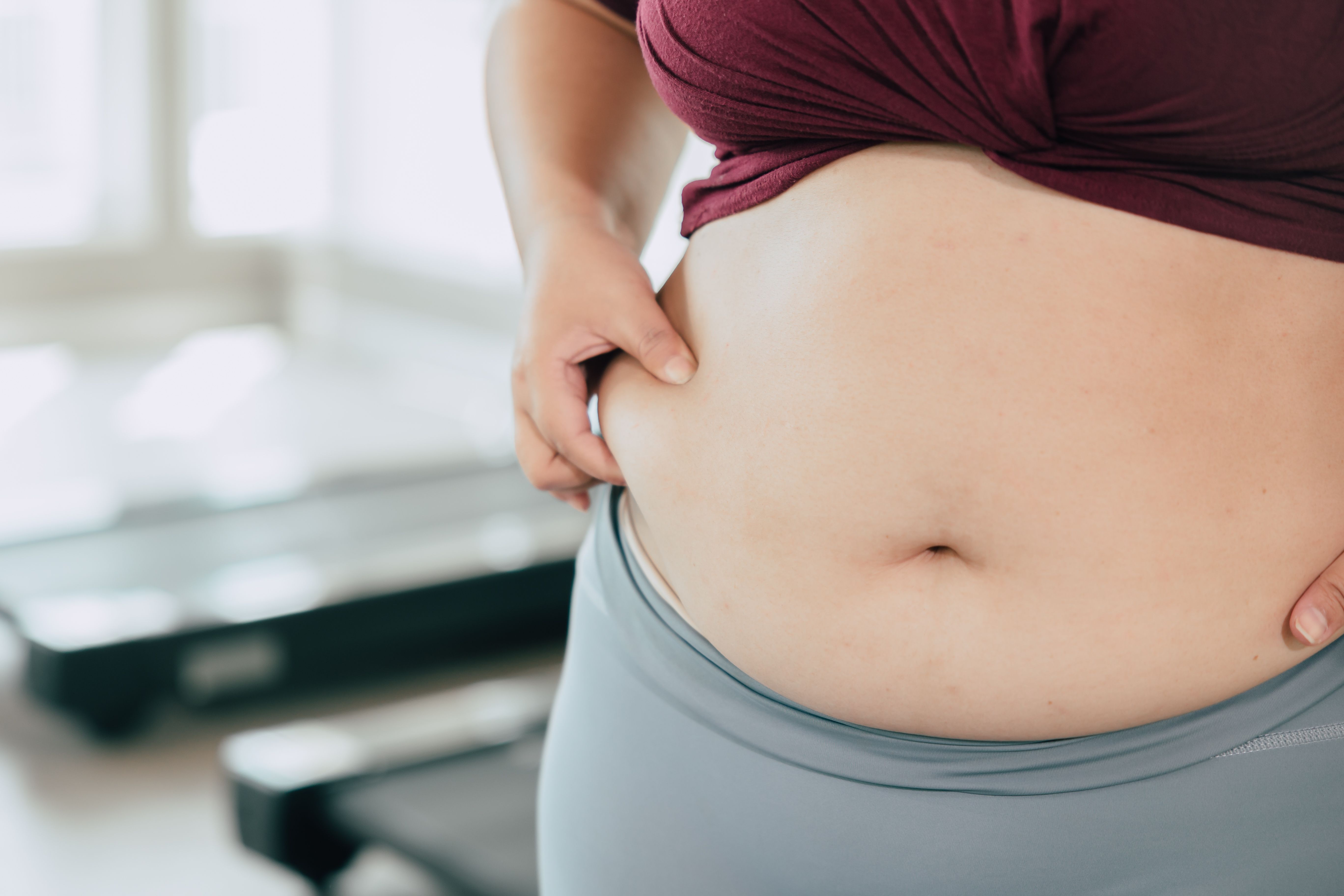Causes of Hemorrhoids
Prevention of Hemorrhoids
Treatment for Hemorrhoids
5/21/2024
How to Prevent Hemorrhoids in Women
Hemorrhoids are swollen veins in the rectum and anus that can cause discomfort, itching, and bleeding. While hemorrhoids can occur in both men and women, women are sometimes more prone to developing hemorrhoids due to the added stress of pregnancy and childbirth.
Causes of Hemorrhoids in Women

Pregnancy and childbirth
One of the most common causes of hemorrhoids in women is pregnancy and childbirth. The pressure of the growing fetus and the weight gain associated with pregnancy can increase the pressure on the veins in the rectum and anus, leading to hemorrhoids. Furthermore, pushing during labor can exacerbate this problem.1

Constipation
Constipation can also cause hemorrhoids. When stools are hard and difficult to pass, it can lead to straining during bowel movements, which can cause the veins in the rectum and anus to become swollen. This can be caused by a diet low in fiber, not drinking enough water, or a sedentary lifestyle.2

Prolonged Sitting
Women who sit for long periods of time, such as office workers, can develop hemorrhoids. Sitting for extended periods puts pressure on the veins in the rectum and anus, causing them to become swollen.3

Obesity
Women who are overweight or obese are also more likely to develop hemorrhoids. The excess weight puts pressure on the veins in the rectum and anus, causing them to become swollen.

Genetics
Hemorrhoids can also be hereditary, meaning that if your parents or grandparents had hemorrhoids, you are more likely to develop them.4
How to Prevent Hemorrhoids in Women

Eat a High-Fiber Diet
One of the best ways to prevent hemorrhoids is to eat a diet that is high in fiber. Fiber helps to soften stools and make them easier to pass, reducing the need to strain during bowel movements. Good sources of fiber include fruits, vegetables, whole grains, and legumes.5

Stay Hydrated
Drinking enough water is also essential for preventing hemorrhoids. Water helps to keep stools soft and easy to pass. Aim to drink at least 8 glasses of water a day.

Exercise Regularly
Regular exercise can help to prevent hemorrhoids by improving circulation and reducing the pressure on the veins in the pelvic region. Activities such as walking, jogging, and yoga are all great options.2

Avoid Sitting for Long Periods
If you work at a desk or have a sedentary lifestyle, make sure to take regular breaks to stand up and move around. This can help to reduce the pressure on the veins in the pelvic region and prevent hemorrhoids.

Maintain a Healthy Weight
If you are overweight or obese, losing weight can help to prevent hemorrhoids. Losing weight can reduce the pressure on the pelvic region and improve circulation.

Avoid heavy lifting
Heavy lifting can put extra strain on the rectal area and increase the risk of hemorrhoids. Women should avoid lifting heavy objects.

Consult a health care provider
Women who are pregnant or experiencing symptoms of hemorrhoids should consult a health care provider for guidance on prevention and treatment. In some cases, medication or surgical intervention may be necessary to manage hemorrhoids.
In conclusion, hemorrhoids are a common and painful condition that affects many women. However, with proper prevention strategies, women can reduce their risk of developing hemorrhoids. Eating a healthy diet, exercising regularly, practicing good bathroom habits, avoiding heavy lifting, taking breaks from sitting, using proper hygiene, consulting a health care provider, managing stress, and maintaining a healthy weight are all effective ways to prevent hemorrhoids. By implementing these strategies, women can reduce their risk of developing hemorrhoids and improve their overall digestive health.
You can also ask your health care professional to advise you on the treatments best suited to your situation, such as venoactive drugs. Only your doctor will know exactly what is best for you.
REFERENCES
- American Pregnancy Association. Hemorrhoids during pregnancy. https://americanpregnancy.org/healthy-pregnancy/pregnancy-health-wellness/hemorrhoids-during-pregnancy/
- Harvard Health Publishing. Hemorrhoids and what to do about them. https://www.health.harvard.edu/diseases-and-conditions/hemorrhoids_and_what_to_do_about_them
- Mayo Clinic. Hemorrhoids. https://www.mayoclinic.org/diseases-conditions/hemorrhoids/symptoms-causes/syc-20360268
- University of Iowa Hospitals & Clinics. (n.d.). Hemorrhoids. [online] Available at: https://uihc.org/health-topics/hemorrhoids#:~:text=Who%27s%20at%20risk%3F.
- National Institute of Diabetes and Digestive and Kidney Diseases. Hemorrhoids. https://www.niddk.nih.gov/health-information/digestive-diseases/hemorrhoids
2026